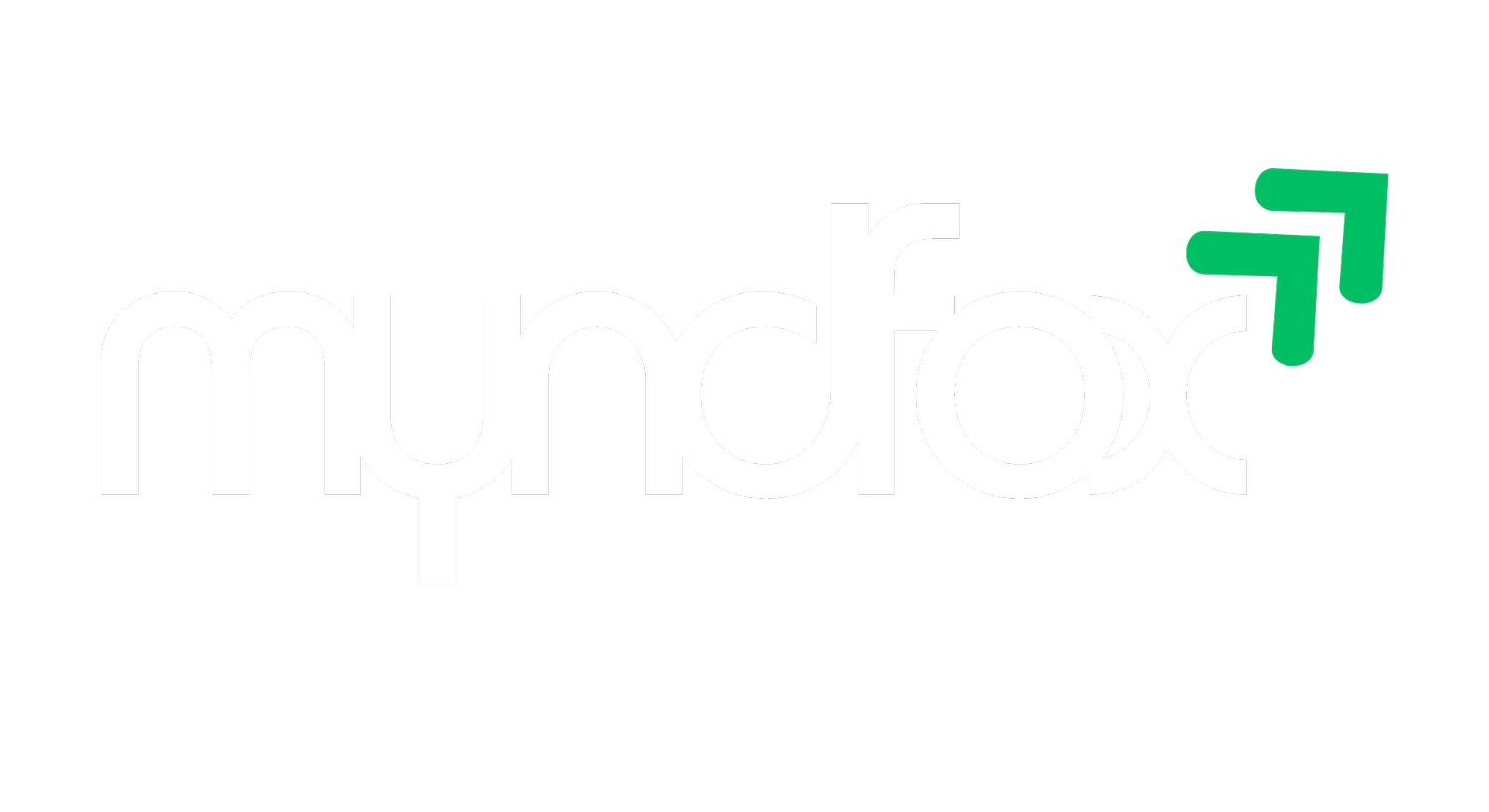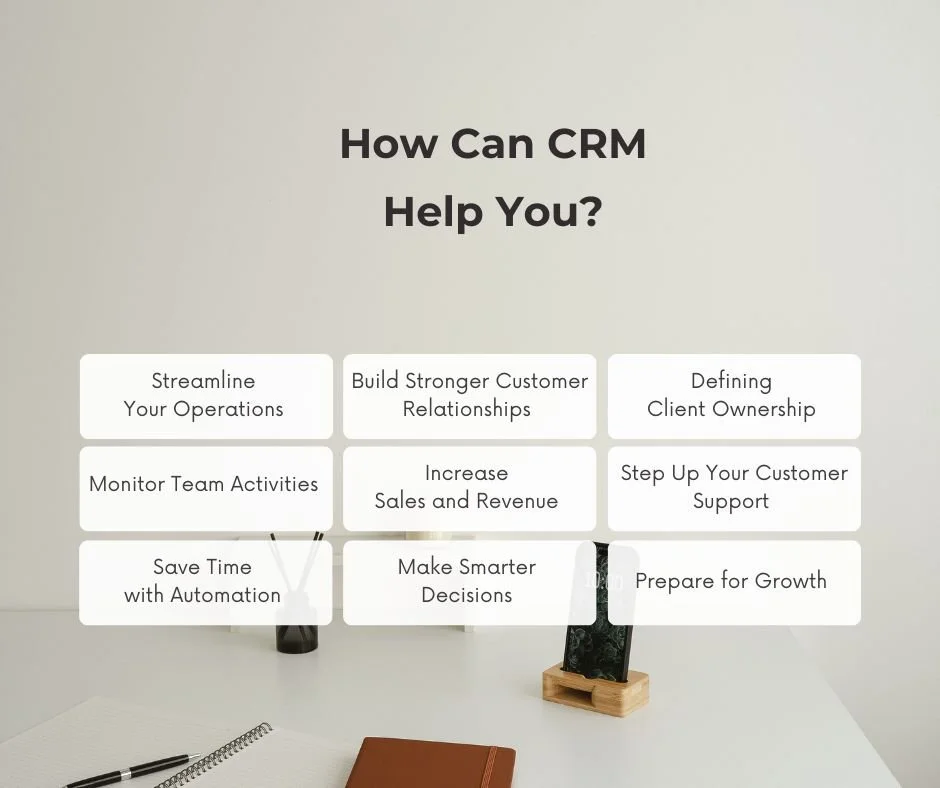What is CRM and Why Does Your SME Need It?
Running a small or medium business is like steering a fleet of boats, many of which are run by just a few people. It’s no walk in the park. You’re juggling sales, managing teams, keeping operations on track, and let’s not forget—making sure the coffee’s always flowing. Sound familiar? You’re not alone. That’s where CRM (Customer Relationship Management) steps in as your secret weapon. Whether you’re new to CRM or thinking about investing in one, this guide will break it all down and show you why it’s a must-have for SMEs like yours.
What is CRM?
CRM stands for customer relationship management. It’s essentially a set of software tools that uses data to help you manage and build relationships with both current and potential customers. The concept is simple but smart. Everything is stored in one central system, so your team can quickly access the info or insights they need, exactly when they need them. Plus, it gives business owners or managers a clear view of what the team is working on.
Think of CRM as your behind-the-scenes partner, giving you a clear view of everything happening in sales, marketing, operations, and beyond. It helps you spot opportunities, catch potential problems early, and stay ahead of the game with insights you might otherwise miss.
How Can CRM Help You?
A CRM can revolutionize the way you manage your business and interact with your customers.
CRM can help you in many ways. Investing in a CRM might feel like a big step, but it’s a foundational investment for long-term growth.
Here’s a quick rundown of what most CRM platforms offer:
Streamline Your Operations
Tired of juggling spreadsheets, files and sticky notes? A CRM organizes all your customer interactions, tasks, and data in one place. This cuts down on inefficiencies and makes teamwork a breeze.
Build Stronger Customer Relationships
Want to know exactly what your customers bought, when they last contacted you, or how happy they were? A CRM gives you all the info you need to create personalized, meaningful communication that keeps customers coming back.
Defining Client Ownership
When multiple team members reach out to the same customer, things can get messy. A CRM solves this by assigning each customer to a specific team member, making roles clear and cutting down on duplicate communication. This keeps things smooth for your customers and helps your team stay accountable.
Monitor Team Activities
For managers and business owners, a CRM gives clear insights into how your team is performing. It tracks how your team interacts with customers, the tasks they’re working on, and their overall productivity. With detailed activity logs and performance metrics, you can make smarter decisions and manage resources more effectively.
Increase Sales and Revenue
With clear sales pipelines and automated follow-ups, no lead slips through the cracks. A CRM keeps your sales process organized, helping you turn prospects into customers faster.
Step Up Your Customer Support
Did you know 86% of buyers are willing to pay more for better customer service? A CRM gives your team the tools they need—like ticketing systems—to respond quickly and keep customers happy.
Save Time with Automation
Manual tasks like sending follow-up emails or assigning leads to team members? A CRM automates all that, freeing up your time to focus on the big picture.
Make Smarter Decisions
Guesswork doesn’t cut it when running a business. CRMs provide data-driven insights into customer behavior, sales trends, and team performance so you can fine-tune your strategies.
Prepare for Growth
A CRM isn’t just about improving things now—it’s about getting ready for the future. As your business grows, your CRM grows with you, keeping everything organized even as things get busier.
What Your CRM Won’t Do
Let’s be honest — A CRM is only as good as the data you put into it. Think of it like a perfectly scripted movie: it has the potential to make you the hero of a blockbuster, but it only works if everyone does their part.
A CRM Isn’t a Magic Wand
A CRM isn’t some magical fix for all your sales challenges—it’s just a tool. There’s no “abracadabra” moment where everything in your process suddenly works perfectly. Simply buying a CRM won’t transform your business overnight. Sure, it can save you time and effort, but it doesn’t do all the work for you.
CRM Isn't a Substitute for Human Interaction
Despite all its features and capabilities, a CRM can’t replace the value of genuine human connection. It’s important to remember that your customers are people, not just data points in a system. Use your CRM to enhance your interactions with customers, not replace them.
CRM Isn't a No One-and-Done Solution
A CRM is an ongoing investment that requires regular maintenance and updates. Don’t expect it to solve all your problems forever after you set it up once. As your business evolves, so should your CRM strategy. Keep learning and adapting as you go.
CRM isn't a solo effort
A CRM system works best when everyone’s involved—it’s not just up to one person or team. Sales, marketing, customer support, and even leadership all play a part in keeping it running smoothly. When every team adds accurate, up-to-date info, the CRM becomes a great tool for insights and decision-making. It’s a shared resource that keeps everyone on the same page and helps deliver a standout customer experience.
CRM isn't your decision-maker
A CRM system is a valuable tool, but it won’t tell you what actions to take or what strategies to pursue. Instead, it provides you with reports and data that show you where you stand right now—what’s happening with your customers, your sales pipeline, or your team’s performance. It’s up to you to interpret this information, set your goals, and make the decisions that will move your business forward. The CRM equips you with the insights you need, but it’s your vision and strategy that drive success.
Adapting to the new
Sure, a bike can get you where you need to go, but a car does it faster and more efficiently. Upgrading to a CRM works the same way—it has huge potential to streamline operations and help your business grow. But let’s face it, change can be hard. You might hear things like, “What we were doing was working just fine. Why make things more complicated?” That mindset has to change for the transition to work. If only a handful of people use the CRM while others stick to old methods, the system’s benefits will go to waste—and it might even fail entirely.
CRM Doesn’t Fix Processes
A CRM isn’t a magic wand for your operational issues, but it does give you a solid framework to create and automate better processes. Think of your CRM as the engine driving your business improvements, but it’s the people who are the fuel. If your team isn’t actively engaged and using the system consistently, it’ll lose its purpose and just sit there gathering dust.
With the right CRM, your SME can work smarter, connect better with customers, and compete more effectively in an increasingly digital world. A CRM can be a huge driver of business success, but it’s not a “set it and forget it” solution. It takes effort, collaboration, and dedication from everyone to get the best results.
Start exploring CRM platforms today and take the first steps in building a stronger, more efficient SME. Your future self (and customers) will thank you!

